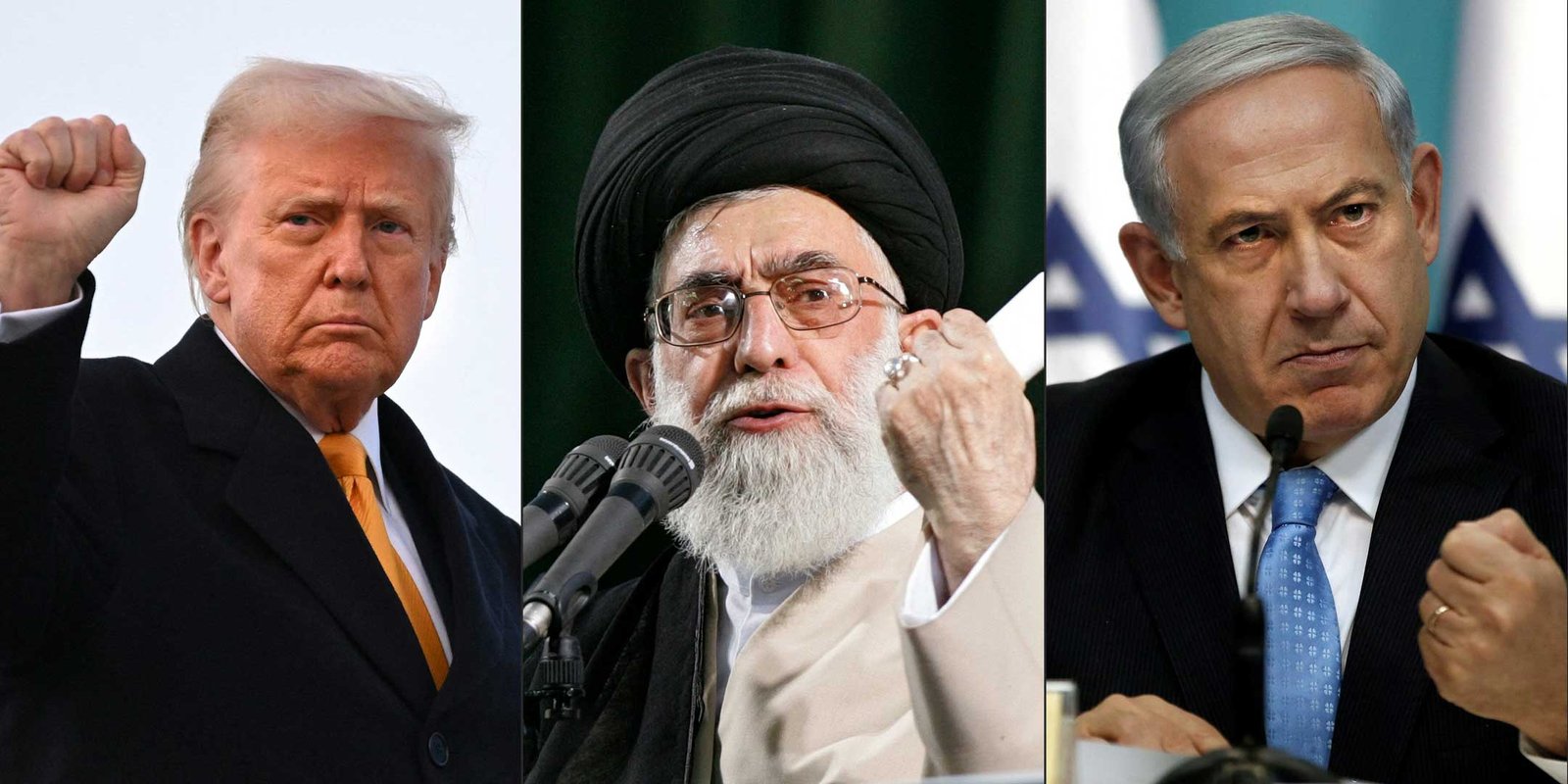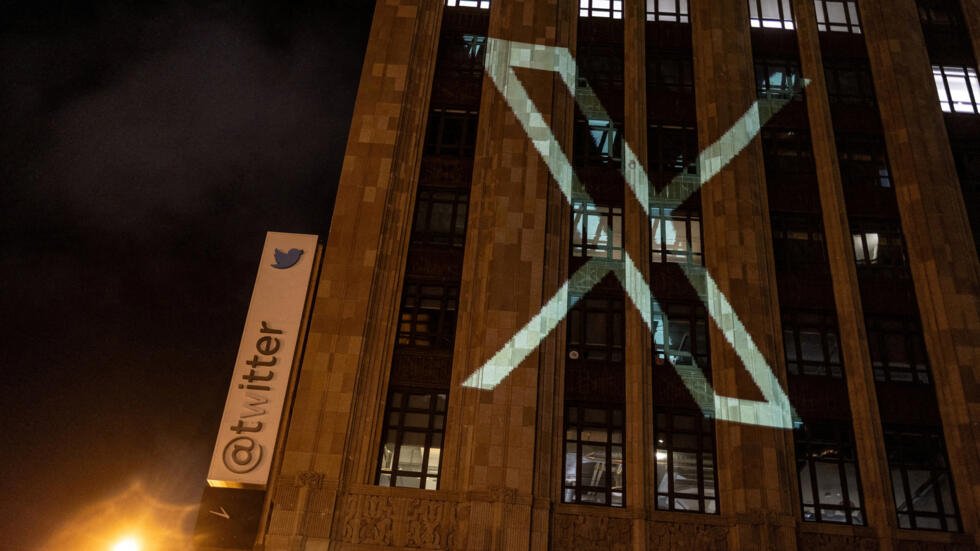The recent amendments to the Prevention of Electronic Crimes Act (PECA) have sparked significant controversy and have now been challenged in Pakistan’s Supreme Court. The petition, filed by private citizen Muhammad Qayum Khan, argues that the changes to PECA are unconstitutional and overstep the legislative powers granted by the Constitution.
The revised PECA provisions have been widely criticized for expanding the scope of the law, potentially leading to state censorship and targeted actions against political opponents, journalists, and activists. The opposition parties, media organizations, and civil rights groups have strongly condemned these amendments, claiming they severely restrict freedom of speech and digital rights in Pakistan.
One of the key changes in the law is the introduction of stricter penalties for the spread of “false” information online. Individuals found guilty of misinformation could face up to three years in prison and a fine of up to Rs2 million. These provisions have raised alarms about the possibility of punishing political dissent and limiting free expression on digital platforms.
Additionally, the amendments introduce new regulatory bodies such as the Social Media Protection and Regulatory Authority (SMPRA), the National Cyber Crime Investigation Agency (NCCIA), and the Social Media Protection Tribunal. Critics argue that these agencies could further consolidate state control over digital media, increasing the potential for censorship.
In his petition, Muhammad Qayum Khan expressed grave concerns about the amendments’ impact on freedom of speech and human rights. He asked the Supreme Court to declare the changes as “ultra vires” (beyond the legal power) of the legislature, stressing that they are a violation of fundamental rights, including the right to free expression. Khan urged the Court to immediately strike down the amendments to prevent the creation of new legal crises and to ensure that the existing PECA law is reassessed in line with Pakistan’s Constitution.
In the petition, Khan emphasized the global importance of preserving human rights and argued that the amendments to PECA unfairly target political opposition and dissenting voices. He also called for the Supreme Court to convene a full bench to review both the original PECA law and its recent amendments, asserting that they violate the fundamental rights of Pakistan’s citizens to freely express their opinions and share information.
Last week, the Lahore High Court (LHC) rejected a similar plea from a journalist who had sought the suspension of various provisions of the PECA amendments. The petitioner raised concerns over the law’s implications for press freedoms and freedom of expression, urging the court to declare parts of the amendments unconstitutional. The journalist argued that the National Assembly had rushed through the approval of the PECA amendments, bypassing proper scrutiny by suspending its own rules.
Justice Farooq Haider, who heard the case, assured the petitioner that a decision on the matter would be made after all parties involved present their stance. Notices were issued to all parties, and the court has given them three weeks to respond.
The debate over PECA amendments highlights the ongoing tension between regulating digital spaces and upholding fundamental freedoms, particularly in a time when online discourse plays a crucial role in public life. The outcome of the legal challenges against PECA will have significant implications for free speech and digital rights in Pakistan.















